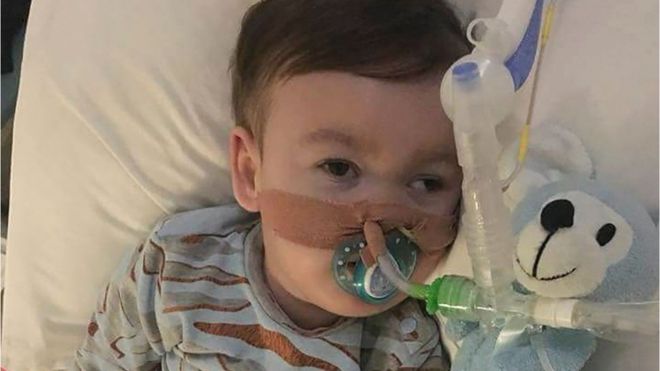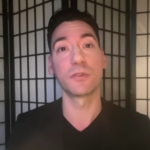Blog Post
The hospital that refused to release Alfie Evans was once busted for secretly stockpiling baby organs
By Jonathon Van Maren
The Alder Hey Children’s Hospital—which has been keeping Alfie Evans in their custody against the wishes of his parents (I wrote up a timeline of the ongoing saga here)—is apparently no stranger to controversy. In 2005, in fact, The Guardian reported that “Alder Hey pathologist ‘stockpiled children’s organs.’” Here are the details of that grotesque story:
A pathologist secretly removed and stockpiled the body parts of hundreds of babies and children without their parents’ consent, a medical tribunal heard today. Around 850 babies’ organs were harvested by Professor Dick van Velzen during the six years that he was the head of foetal and infant pathology at Liverpool’s Alder Hey children’s hospital, the General Medical Council (GMC) heard.
More than 2,000 pots containing infant body parts were discovered during the inquiry into the scandal, said Andrew Collender QC.
Professor van Velzen, 55, faces a charge of serious professional misconduct and, if found guilty, could be struck off the medical register. The GMC suspended the Dutch pathologist from practising medicine in the UK four years ago, but that suspension expires on August 1. The pathologist, who returned to Holland with his wife following the Alder Hey scandal, is charged with failing to seek permission of the children’s parents and of failing to keep records of organ removals.
He did not attend the fitness to practise hearing in Manchester and sent no legal representatives to enter a plea on his behalf. Mr Collender said: “At the heart of the charges against Dr van Velzen was his practice, while at Alder Hey, of removing and retaining the internal organs of infant patients following post mortem examinations.
“During the period from September 1988 to 1994 a very substantial store of foetal and infant organs built up at the Alder Hey hospital. Investigations carried out after September 1999 found more than 2,000 pots containing organs from approximately 850 post mortem examinations in store at the hospital.”
Mr Collender told the hearing in Manchester that in some cases parental consent had not been obtained before a child’s organs were removed. In other cases, parents had given limited consent to minor biopsies to specific organs, but had not agreed to their long-term retention.
The barrister added that many parents had only become aware that organs had been retained long-term many years after their child had been buried or cremated. This had caused those parents “considerable and understandable distress”. The tribunal heard how Prof Van Velzen from Oegstgeest, Holland, ordered changes to post-mortem examinations after he took up his post at Alder Hey in 1988.
Mr Collender described how the professor would remove most of the organs whole, and would rarely ask the laboratory officers to process them into blocks and slides. He said the techniques and processes used by the doctor led to a “build up of unprocessed organs in storage pots stored in a particular building in the hospital”. Mr Collender told the GMC panel that they could expect to hear evidence from staff at Alder Hey, parents of the deceased children and pathologists who had examined the organs found in the hospital store.
The pathologist was banned from practicing medicine in the United Kingdom, but was not criminally charged for his actions—although the discovery of what had been going on at the Alder Hey Children’s Hospital did result in the Human Tissue Act of 2004, which revamped legislation that dealt with the handling of human tissue in the United Kingdom and ultimately created the Human Tissue Authority.
As Sohrab Ahmari of Commentary Magazine put it: “Why do I get the feeling that Alder Hey hospital is a place where the professionals don’t respect the inherent dignity of the human person.”
______________________________________________________
For anyone interested, my books: The Culture War, Seeing is Believing: Why Our Culture Must Face the Victims of Abortion, and How To Discuss Assisted Suicide, are available for sale here.








